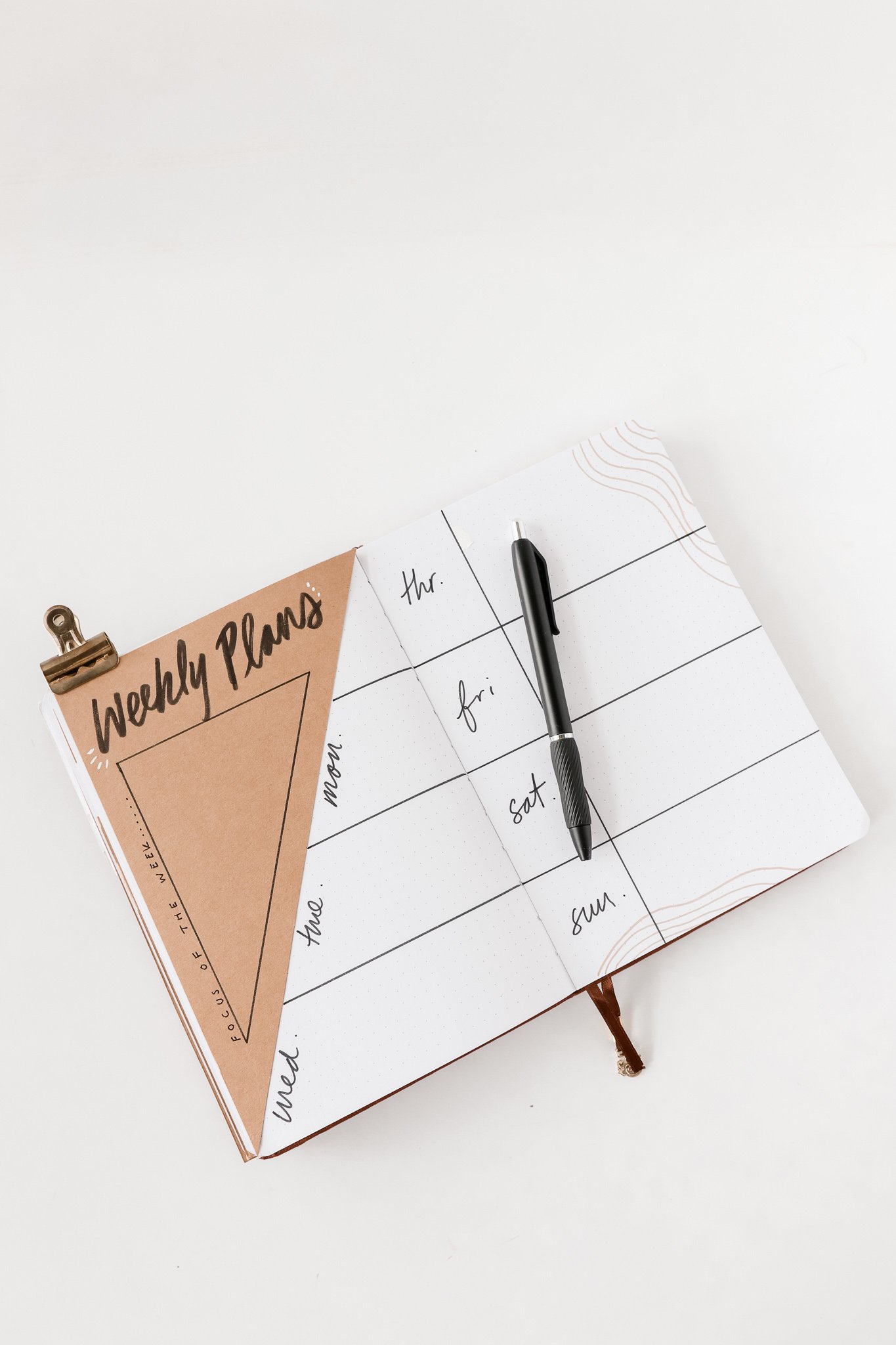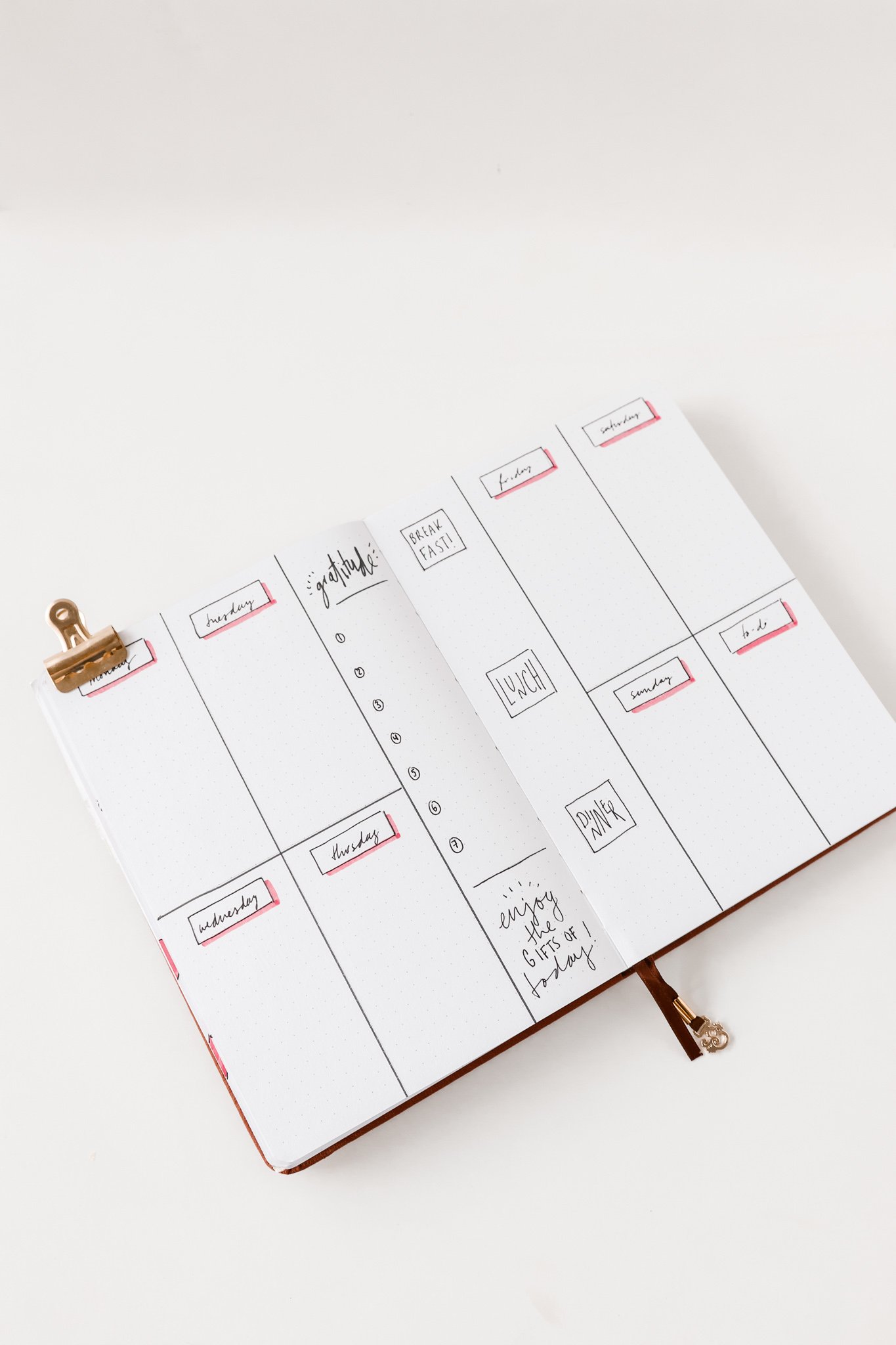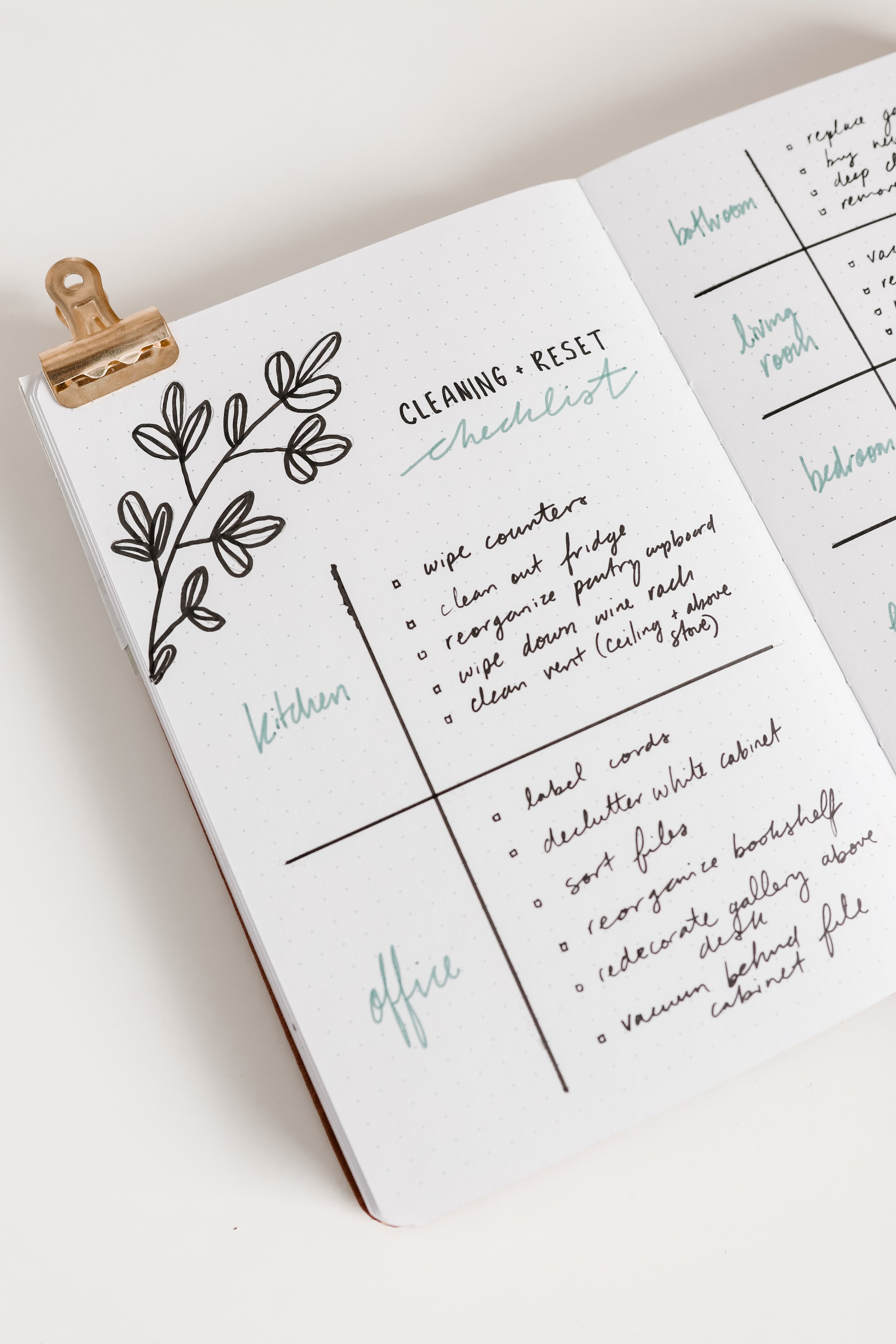How to get better with MONEY $$$
5 Tips To Help You Get On Track With Your Finances
1) Track your spending
My relationship with money has changed a lot over the past year and a half. When I first went full-time as a content creator back in the spring of 2019, I was becoming really stressed about money— irrationally stressed. I was (thankfully) in a solid financial position, but I kept overanalyzing my purchases. Spending with intention is good, but obsessing about spending is operating with a scarcity mindset. When I took a step back, I realized one of the reasons I didn’t have a healthy relationship with money was because I didn’t really understand where all my money was going; I’d log into my online banking once every couple of weeks and be shocked to see the change in numbers. Even small purchases can quickly add up! 😅
From that point on, I made a point of being more in-tune with my accounts— now, I review my spending every 2-3 days so I can be up to date with where money has gone and make smarter spending choices. When it comes to your finances, knowledge is power so challenge yourself to take the next seven days to write down every purchase you make.
Write it down in your phone’s notes app, on a sticky note, or in a journal spread *like this one. However you do it, at the end of the week you’ll have something to review. Where did you spend the most/least? How could you have made a better choice (or the reverse, what's a purchase you're proud of)? The point of this exercise isn’t to feel guilty about how we spend our money…sometimes that latte and croissant are a “need” not a “want” LOL! The point is to get us comfortable thinking about our money!
2) Create A Budget
Budgeting is great because it helps give you guidance when you’re asking yourself at a store, “should I buy this thing?” When you take the time to create a budget— whether it’s formal or not— you can make more informed choices.
For clarification: making a budget doesn't mean I always stick to it each month— sometimes I go over budget in certain categories. But what it does mean is that I’ve taken the time to think that purchase(s) through. It's easy to lose track of where our money is going! The process of creating a budget is a great way to start paying more attention to your wallet.
3) Get excited about saving!
We all know how important it is to save money— I personally make a point of saving both for the short term and long-term (thinking about retirement at 23 is a weird concept, but it’s good to start early)! Saving in any form is like paying your future-self….not sure about you, but that sounds like a hoot to me!
Although creating a savings plan is something I think we all need to make time for, saving doesn’t always have to be so serious! Let’s have fun with it! Think about a fun purchase that you want to make that is a little bit extravagant— maybe it’s a new pair of headphones, a vinyl record, or a coat that is calling your name.
Whatever it is, write it down with the price and figure out what amount you can realistically put away each week to put towards it. Maybe it’ll take you a few weeks/months, or even a year, but when you finally are able to make that purchase you’ll get to see how exciting saving really can be!
4) Cancel subscriptions
About twice a year I make a point of tallying up all the money I pay towards subscriptions each month— streaming services, apps, food delivery, etc. I am most of the time horrified by how much I pay towards subscriptions…subscriptions don’t seem like a big financial commitment in the moment, but they all add up to something quite significant.
Thus, schedule in 30 minutes to go through your bills and cancel any subscriptions you no longer need/use.
Even canceling a single $10/month subscription means there will be $120 more in your bank account at the end of a year (what a thrill)! And if you're struggling to outright cancel anything, another tip is to see if there are certain subscriptions you can find a way to split with a friend or family member— I will confess that I have jumped on my parents’ Netflix and Disney Plus account to avoid that extra cost….that’s what family is for right?! 😜
5) Get money confidence
My confidence with money really developed as I spent time learning more about it and I was relieved to learn that you don't need to be a genius to figure out savings, investments, taxes, etc…..all you need to do is invest some time into educating yourself!
Investigate ONE thing about money that you're confused about. Unsure about the benefits of a Tax Free Savings Account (TFSA)? Give it a google. Wondering when you should start saving for retirement? Give it a google. Don't know how the stock market works? Give it a google. Even a few minutes of reading/watching can equip you with more knowledge! I've even found some great TikToks that have taught me something new haha!
There are many resources on the internet where you can learn more about personal finances. To help get you started, here are some things worth checking out:
*The Latte Factor by David Bach — THE book I recommend for those who want a simple-to-understand path to financial freedom. I especially recommend it as a must-read for those who are just starting to be financially independent 😍
*The Financial Diet: A Total Beginner's Guide to Getting Good with Money by Chelsea Fang — A book that is both educational and beautiful to look through…learn “how to get good with money, even if you have no idea where to start…”
Like every relationship in our lives, our relationship with money is constantly evolving, and there will inevitably be ups and downs. Hopefully, this post gave you some ideas on how to take ownership of your financial position because you have the tools within you to keep yourself on track! Have a money tip you’d like to share? Please feel free to drop them in the comments below! Until next time, Xo —C.
*affiliate links









